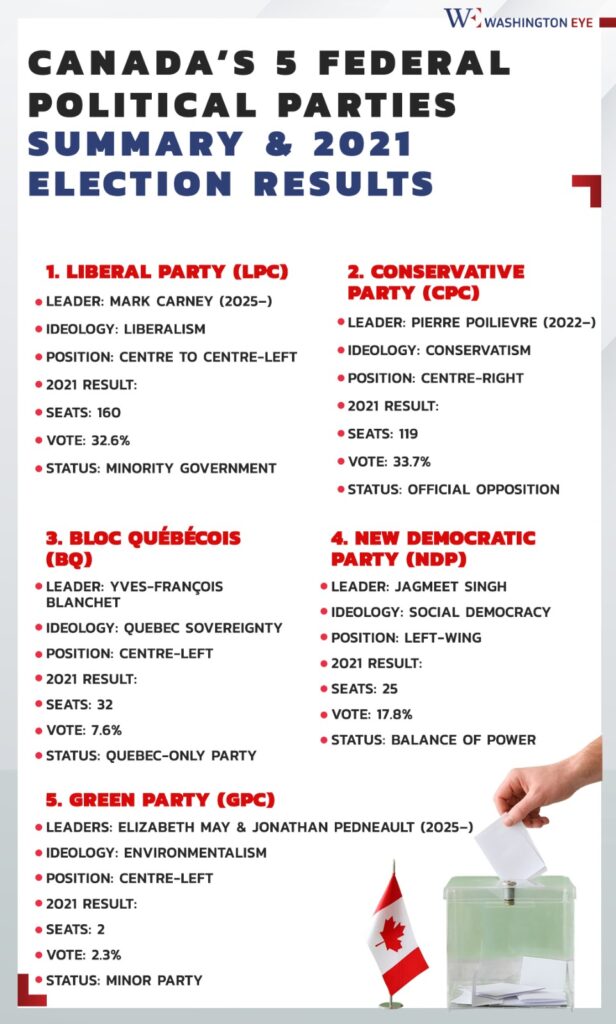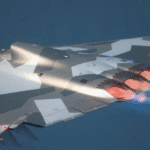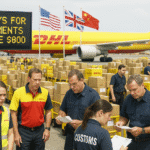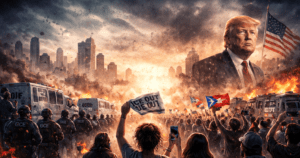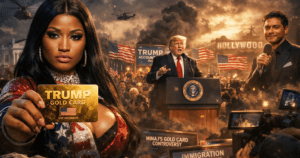As Canadians head to the polls today, the outcome of the federal election could mark a historic pivot in the nation’s relationship with the United States. In the final days of the campaign, party leaders sharpened their contrasting strategies for navigating Canada’s increasingly strained ties with Washington under President Donald Trump. The campaign has been dominated by concerns over Trump’s renewed trade aggressions, controversial rhetoric, and a broader shift in U.S. foreign policy—prompting candidates to not only critique each other’s visions, but to redefine Canada’s place on the world stage in an era of rising uncertainty.
Trump’s Return Sparks Anxiety — and Redirection
Donald Trump’s re-election in 2024 reignited tensions with traditional allies, and Canada is no exception. His administration’s sudden reimposition of 25% tariffs on Canadian steel, aluminum, and key exports has rattled businesses, fueled nationalist rhetoric, and intensified fears of an economic slowdown. Bank of Canada officials have warned that Trump-driven trade barriers could push the country into a technical recession by late 2025.
More dramatically, Trump’s recent off-the-cuff remark suggesting the U.S. might consider “absorbing” Canada if it drifts too far ideologically sent shockwaves through diplomatic circles. While the comment was dismissed in Washington as hyperbole, it was enough to dominate much of the national election debate stage.
Mark Carney: “It’s Time to Look Beyond the U.S.”
Liberal Party leader Mark Carney, the former central banker and economic heavyweight, has taken a sharp stance against Trump’s influence. Drawing on his experience steering economies through global crises, Carney warned against overreliance on an “unstable and increasingly hostile” administration.
“Canada’s security, prosperity, and independence cannot hinge on the whims of an erratic presidency,” Carney declared during the televised debates. He laid out a vision of increased partnerships with Europe and Asia, including a proposed transatlantic military procurement alliance that would prioritize European-made equipment over American arms.
In Carney’s words, “Canada must now act like the sovereign power it is, not the satellite of a superpower in decline.” His message appears to be resonating. An Angus Reid survey conducted after the final debate showed Carney’s favorability rising to 54%, significantly outpacing his rivals, particularly on foreign affairs.
Pierre Poilievre: A Contested Conservative Response
Conservative leader Pierre Poilievre has taken a markedly different approach, accusing Carney of escalating tensions with the U.S. by “picking fights we can’t afford.” Poilievre has emphasized the need to repair relations with Washington, advocating a return to “constructive conservatism” that recognizes the two nations’ deep economic interdependence.
However, Poilievre’s reluctance to directly criticize Trump—even in the face of the recent annexation rhetoric—has raised concerns among moderates. Critics argue his approach risks giving Trump a free pass at Canada’s expense, leaving many voters questioning where his loyalties lie.
Strategic Shift: Canada’s New Foreign Policy Vision
Under Carney’s leadership, the Liberal campaign is openly promoting a foreign policy “pivot.” Talks are reportedly underway to revise the Comprehensive Economic and Trade Agreement (CETA) with the European Union, strengthening Canada’s trade position outside U.S. influence. On defense, Ottawa is exploring joint procurement projects with France and Germany, aimed at reducing reliance on American arms and aligning more closely with European strategies. Simultaneously, Canada is ramping up its role in the Asia-Pacific region through the Comprehensive and Progressive Agreement for Trans-Pacific Partnership (CPTPP) and is building closer ties with Japan and South Korea to bolster regional cooperation.
Public Sentiment: A Nation Redrawing Its Boundaries
Public opinion seems to support this realignment. A recent Angus Reid survey found that 68% of Canadians believe the country should reduce its reliance on the United States for economic and defense policy. Meanwhile, 59% said they would support shifting military cooperation toward a European or trans-Pacific bloc if U.S. hostility continues.
For many Canadians, Trump’s rhetoric and policies have become a wake-up call. This election has made it clear: the United States is no longer seen as a guaranteed ally—and Canada is beginning to act accordingly.
A Pivotal Vote: Canada’s Future on the Line
As ballots are cast today, Canadians face a defining choice: repair and rely on the United States, or chart a more independent course. The answer will not only shape the next government but could fundamentally alter Canada’s geopolitical trajectory for years to come.
